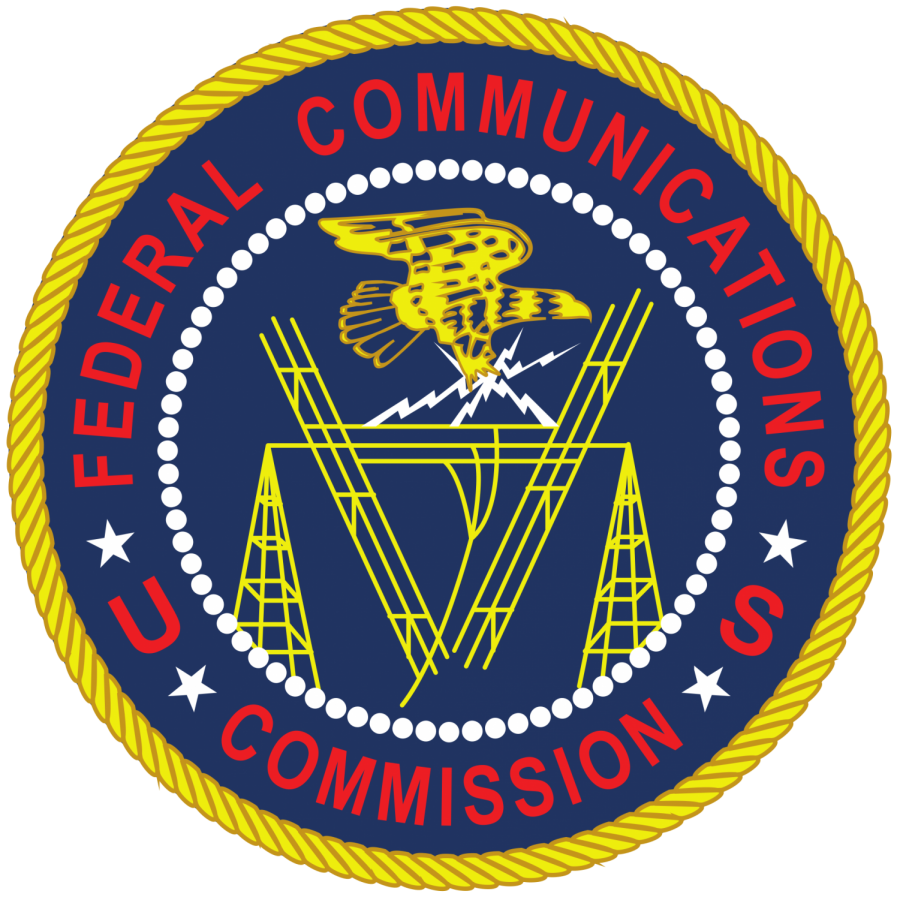FCC’s repeal of net neutrality, a danger to a healthy democracy
February 7, 2018
On Thursday, Dec. 14, just as CSUSM students wrapped up finals and prepared for winter break, a pivotal decision in Washington threatened to drastically change the scape of internet and media as we know it: the FCC’s decision to repeal net neutrality regulations.
Repealed net neutrality rules prevented internet service providers like AT&T, Verizon and Comcast from creating “fast lanes” and “slow lanes” for consumers accessing certain content. For example, companies like Verizon were previously unable to increase internet speeds for consumers using Yahoo or AOL because they own those search engines. Alternatively, Verizon was also prevented from slowing internet speeds for consumers using a competitor’s search engine, like Google. Now all those rules are gone.
The conversation around net neutrality can be confusing. In a recent advertisement, Burger King attempts to explain the issue as simply as possible by offering the Whopper at three different prices: Slow($4.99), Fast($12.99), and Hyperfast($25.99). As customers are forced to wait for an excessive amount of time, the employee clarifies the situation by saying, “The burgers are ready, I just can’t give them to you,” and “Burger King Corporation believes they can make more money selling the Chicken Fries, so they’ve slowed down access to the Whopper.”
Although this advertisement finds humor in the plight of irate Burger King customers, real world implications of the net neutrality repeal are dangerous. The policy change essentially gives internet and media corporations power to control what content, information, and knowledge the public has access to. Limiting public access to information and knowledge can be unhealthy to a democracy, especially one that is intended to be run “by the people and for the people.” Imagine a situation in which a political candidate attacks the unethical practices of these corporations within his or her campaign platform. Internet service providers feeling threatened by this platform could wield power to slow down or even restrict public access to that candidate’s speeches, advertisements, television appearances and more. This would severely hinder the candidate’s likelihood of getting elected and creating change. Such a scenario seems like something one would see in the Netflix show Black Mirror–a show that makes commentary on the power and danger of technology–only this isn’t science fiction, it’s real life.
Those who argue in favor of the net neutrality repeal would dispute this conclusion, saying the repeal will bolster free market competition in the internet service industry. What this argument ignores, however, is that domination of an industry by a select few corporations, also known as monopolization, certainly does not bolster free market competition.
The current outlook for reinstatement of net neutrality regulations is bleak, but a small amount of hope can be found in congressional review acts and other systems of appeal. Unfortunately, gridlock in Washington is worse than ever, so these processes will take time. In the meantime, the best action that can be taken is discussing this issue with others who may not understand it, as well as expressing concerns to your government representatives and the FCC.


